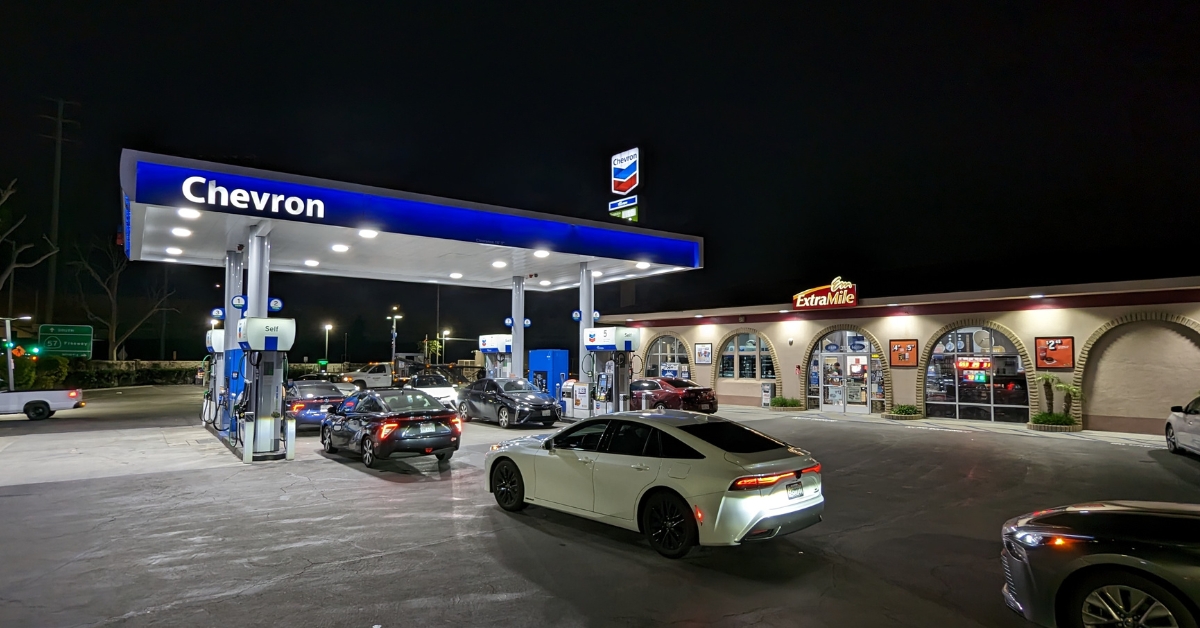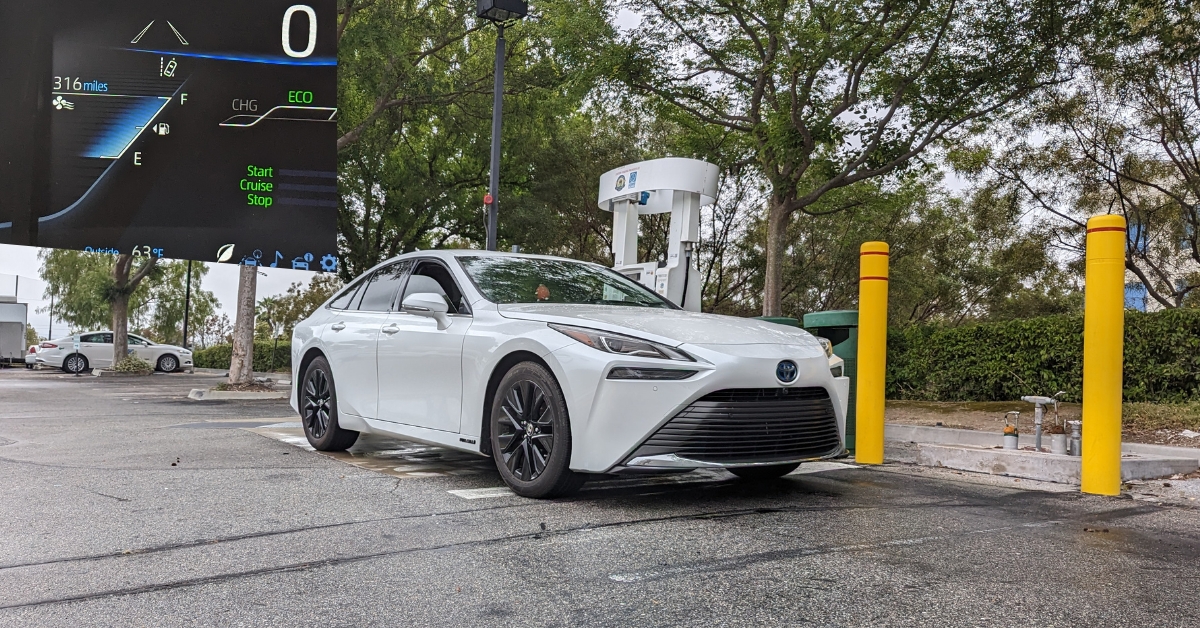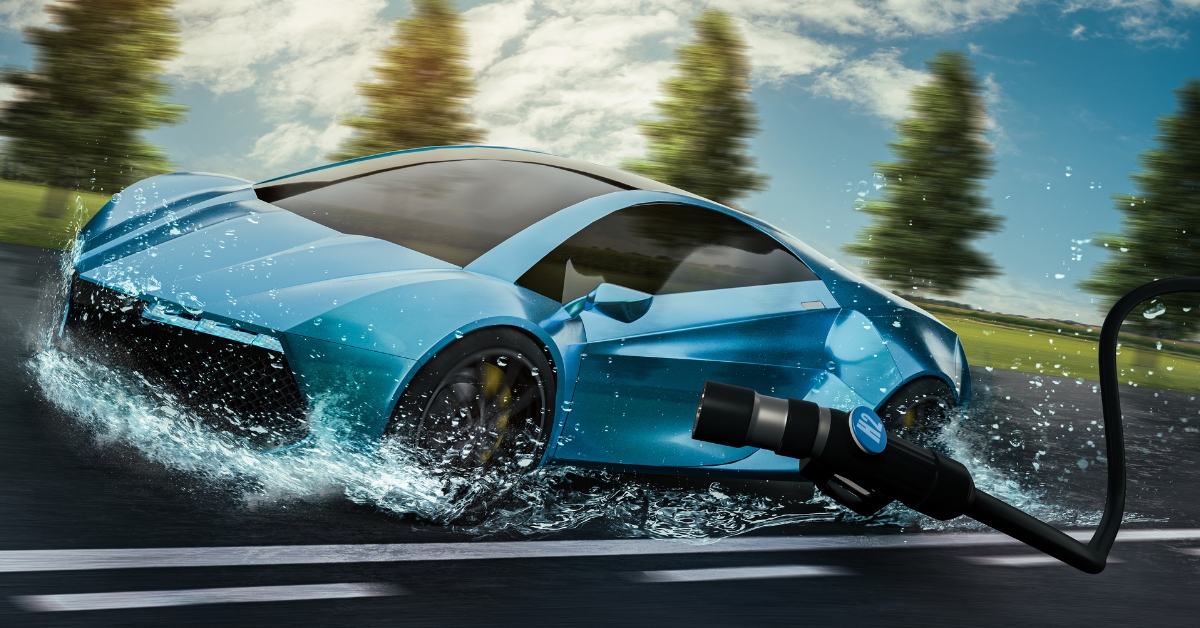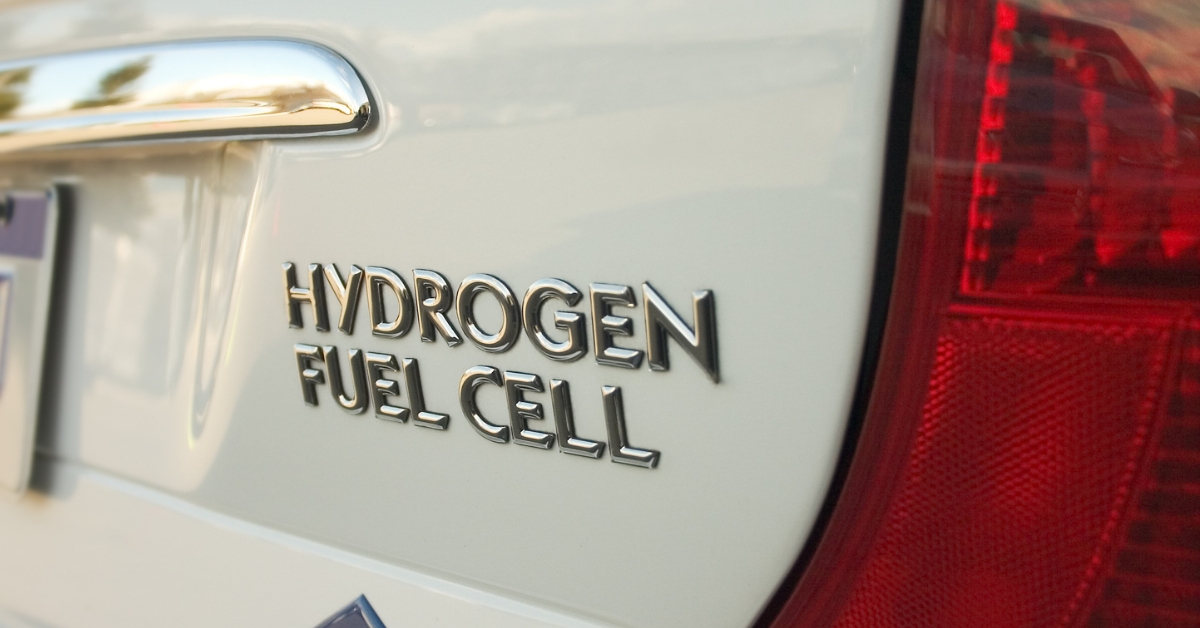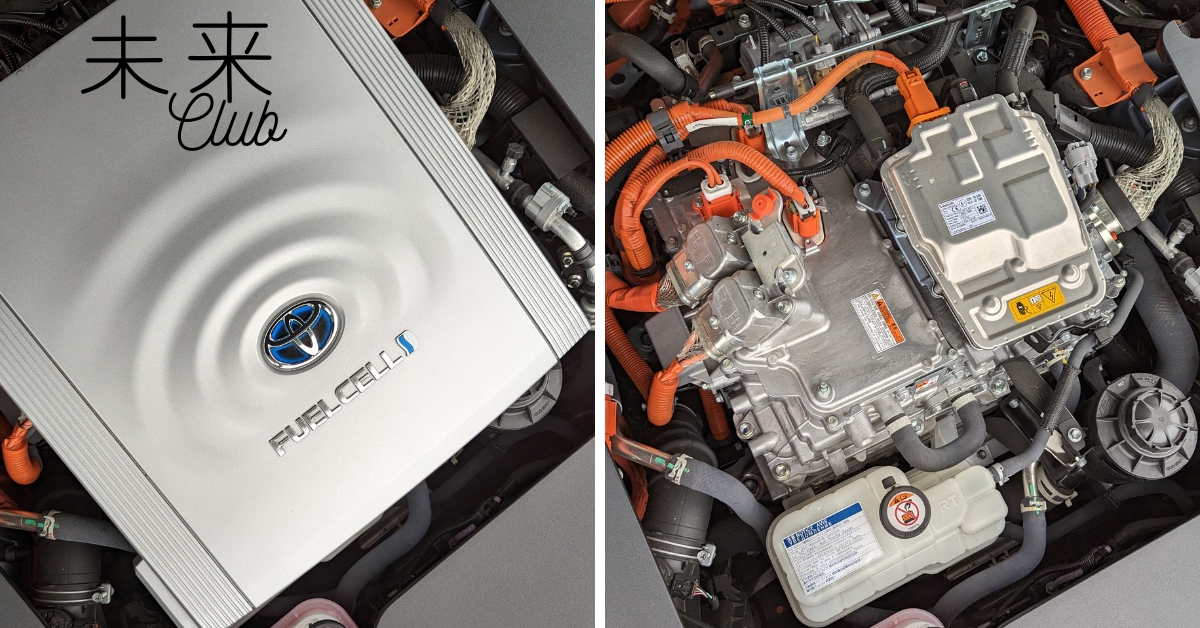As the world increasingly embraces sustainable energy solutions, hydrogen-powered vehicles have emerged as a promising alternative to conventional gasoline-powered cars. Hydrogen fuel cell technology offers the potential for zero-emission transportation, as the only byproduct is water vapor. However, despite their environmental advantages, hydrogen cars face a range of common issues that need to be addressed for wider adoption. This article explores some of the key challenges that hydrogen cars encounter, discussing the technological, infrastructural, and cost-related hurdles.
- Limited Infrastructure: One of the most significant challenges facing hydrogen vehicles is the lack of infrastructure required for their refueling. Unlike conventional vehicles, which can be easily refueled at gas stations, hydrogen cars rely on hydrogen refueling stations. Unfortunately, the number of hydrogen refueling stations remains limited, especially outside major urban areas. This scarcity hampers the adoption and practicality of hydrogen cars, as drivers need to plan their routes carefully to ensure access to refueling stations.
- Cost: The cost of hydrogen vehicles remains a major hurdle for widespread adoption. Producing, storing, and distributing hydrogen requires substantial investment, making hydrogen cars more expensive than their gasoline or electric counterparts. The high costs are primarily associated with the production of hydrogen itself, which is currently a costly and energy-intensive process. Moreover, the limited scale of production further contributes to the higher price tag of hydrogen vehicles.
- Limited Vehicle Options: Another common issue with hydrogen cars is the limited variety of models available. Compared to conventional gasoline-powered cars or even electric vehicles, the number of hydrogen vehicle models on the market is relatively small. This limited choice can deter consumers who prioritize specific features, sizes, or price ranges. Automakers need to invest in expanding their hydrogen vehicle lineup to provide consumers with more options and enhance market competitiveness.
- Storage and Range Challenges: Hydrogen vehicles face challenges related to storage and range. Storing hydrogen onboard a vehicle in a safe and efficient manner requires advanced storage systems, such as high-pressure tanks or cryogenic storage. These technologies add weight and take up space, reducing the available space for passengers or cargo. Additionally, hydrogen fuel cells have limitations in terms of range compared to gasoline-powered vehicles. Although advancements have been made, hydrogen cars generally have a shorter driving range and require more frequent refueling, which can inconvenience drivers.
- Efficiency and Environmental Impact: While hydrogen fuel cells offer a clean and efficient power source, the overall efficiency of hydrogen production and distribution remains a concern. Currently, most hydrogen is produced through steam methane reforming, a process that relies on natural gas and emits carbon dioxide. To fully harness the environmental benefits of hydrogen cars, the production process needs to shift towards renewable sources, such as electrolysis using renewable electricity. Achieving this transition at scale presents a significant challenge.
Conclusion: Hydrogen vehicles hold tremendous potential for a sustainable future, offering zero-emission transportation and reduced dependence on fossil fuels. However, the widespread adoption of hydrogen cars faces several common challenges that need to be addressed. Expanding hydrogen refueling infrastructure, reducing production costs, increasing vehicle options, improving storage and range capabilities, and advancing the efficiency and environmental impact of hydrogen production are crucial steps toward overcoming these obstacles. As technology advances and further research and development are conducted, these challenges can be addressed, paving the way for a cleaner transportation future powered by hydrogen.

